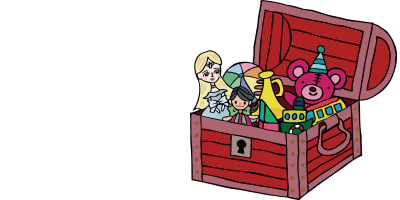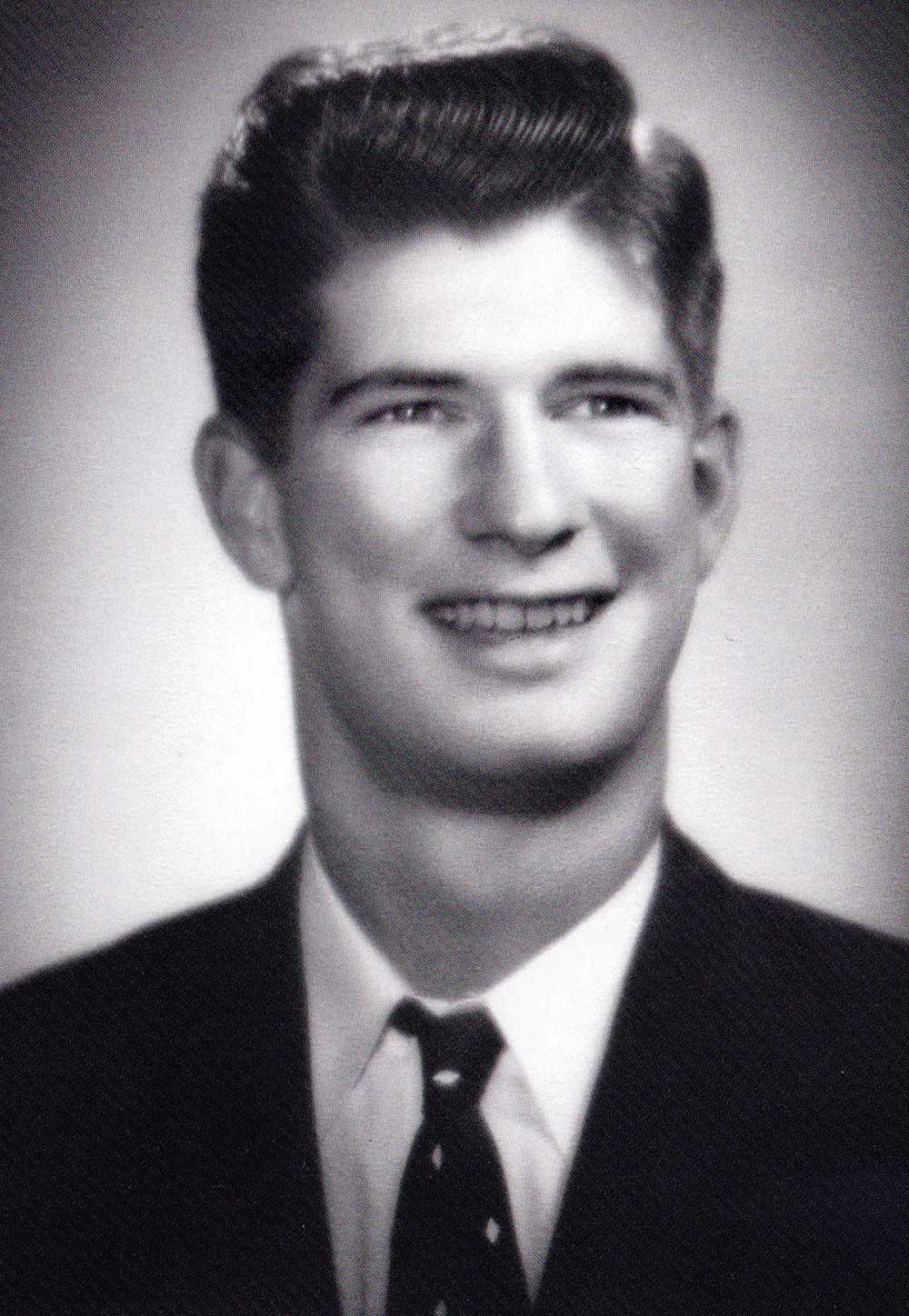Though a shy child, he enjoyed swimming, playing tennis, and was an enthusiastic reader. He had lots of dreams about his future: perhaps becoming a doctor, a priest, a scientist, or a novelist.
At the age of seven, however, he became sick with Polio (infantile paralysis), and was hospitalized for two months. He was eventually released from the hospital, but his left arm was still paralyzed. While this prevented him from playing most sports, it increased his interest in reading.
Disappointment in Economics, and then Encouragement
When Herman enrolled at Rice university, he was interested in both science and the humanities. Because he was intrigued by the natural world as well as the nature of human culture, he chose to study economics which, he felt, was related to both of them.







